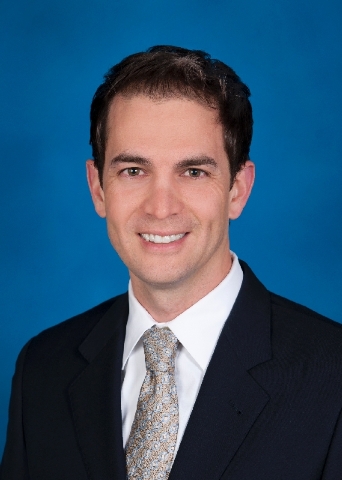IGT laughing all the way to bank over acquisition

Suddenly, Wall Street loves International Game Technology’s DoubleDown Casino.
After roundly panning the slot machine giant’s $500 million acquisition of the free-to-play social gaming website 17 months ago, the analyst community pulled a 180-degree turn in July.
“In our view, DoubleDown is turning into one of IGT’s best acquisitions, which we believe can continue to grow profitably,” Wells Fargo Securities gaming analyst Cameron McKnight told investors July 24.
A day earlier, IGT credited a boost in results from its social gaming products with increasing the company’s third-quarter earnings and profits.
DoubleDown Casino, an application found on the Internet, Facebook and mobile devices, was responsible for $61.4 million of IGT’s $579 million in revenue for the quarter that ended June 30.
Interactive gaming revenue — nominal fees paid by users to the website to purchase additional gambling tokens that increase their virtual bankrolls — were more than double compared with the same quarter a year ago. Spending by the average user to DoubleDown grew by 60 percent.
“IGT continues to show improving results out of what is becoming a solid business,” Macquarie Securities gaming analyst Chad Beynon said.
Even Union Gaming Group Managing Director Bill Lerner, who was staunchly critical of IGT’s DoubleDown acquisition in February 2012, had to admit the company’s interactive business was helping offset a decline in revenue from slot machine sales.
“The brightest spot in the quarter for IGT was interactive, which showed both sequential and year-over-year growth,” Lerner said.
Sounds like a large serving of crow will be on the menu at IGT’s next analyst day.
IGT Chief Financial Officer John Vandemore said the company thinks every quarterly earnings announcement reinforces the commitment to social gaming.
“It’s not often we can talk about a 105 percent increase in revenues, but DoubleDown allowed us to do that,” Vandemore said.
But that’s just part of the company story.
IGT is focused on the holding on to its title as the world’s leading slot machine manufacturer. In the last quarter, the company’s profits were helped by the sale of slot machine like video lottery terminals into Canada and Illinois.
The company’s continued goal is to develop games and titles that can be used across multiple platforms — traditional casinos, online casinos and social games.
“We will continue to focus on our core competency,” Vandemore said. “We are always investing time and energy into creating good games.”
DoubleDown Casino is the third highest grossing Facebook application and the top full-scale social casino on the Internet, analysts said.
IGT has been converting its library of slot machine titles in slot machine like games on DoubleDown Casino. The company also distributes those titles to legal online gambling websites in Europe.
Eventually, Vandemore said, those same slot machine titles will be found on legal U.S. Internet gaming websites, with the first rollout most likely taking place in New Jersey. The state has legalized full-scale Internet gaming, and casino regulators hope to launch the first websites by the end of November.
IGT will be a “third-party distributor” to the websites, Vandemore said, which allows the company to share in revenue produced by the game titles.
In the meantime, Vandemore said IGT is exploring other avenues for the company’s slot machine content.
Some analysts, however, aren’t ready to eat crow.
Bally Technologies’ recently announced $1.3 billion acquisition of SHFL Entertainment reinforces the rivalry between the gaming equipment manufacturers.
Meanwhile, unless slot machine sales pick up steam, particularly in the North American casino markets, DoubleDown’s profits won’t be enough to fill in the gaps.
IGT’s shipments into Canadian markets will slow in the coming year and the company needs to find other sales opportunities, similar to a recently signed deal with the Oregon State Lottery, to off set the transition.
“Looking forward, we remain cautious on IGT shares with continued weakness in the core gaming operations business and uncertainty over future replacement sales following aggressive promotions earlier in the year,” Eilers Research principal Todd Eilers told investors.